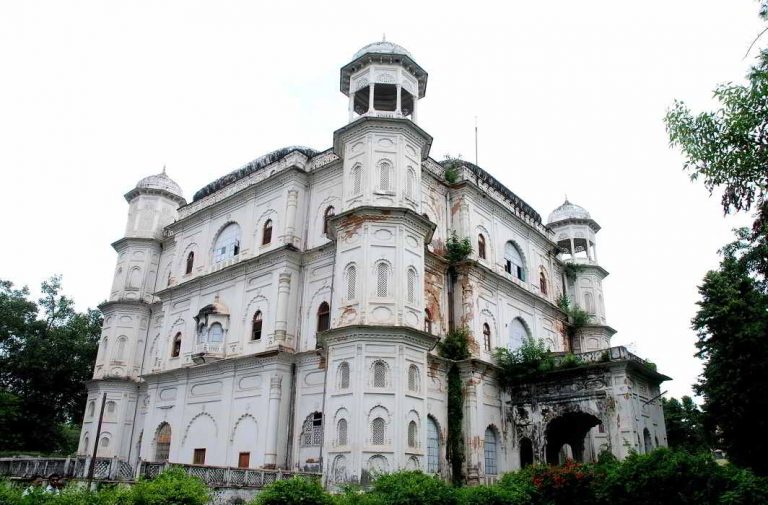
~By Sujit Bhar
The Supreme Court on February 6 refused to interfere in the Enemy Property (Amendment and Validation) Fifth Ordinance, 2016 and the resultant Bill that has been stuck because the ruling party (the BJP) does not have a majority in the Upper House.
The petition for court interference was filed by Husain Dalwai before the two-judge bench of Chief Justice of India JS Khehar and Justice NV Ramana. It pleaded that the apex court pass a Writ/Order/Direction declaring that Enemy Property (Amendment and Validation) Fifth Ordinance, 2016, No. 8 of 2016, promulgated on 22.12.2016 was unconstitutional, null and void and ultra vires Article 14 and 123 of the Constitution of India, and hence void ab initio.
The petition if approved by the apex court would have meant that the Bill—The Enemy Property (Amendment and Validation) Bill, 2016—dies a natural death.
The bench, however, dismissed the plea and asked the petitioner to approach Parliament. It said: “It was not necessary to interfere at this point.”
The Bill has sought to amend the existing Enemy Property Act, 1968.
Key features of the Bill
The following are the key features of the Bill:
It amends the Enemy Property Act, 1968, to vest all rights, titles and interests over enemy property in the Custodian (‘Custodian of Enemy Property for India’, an office instituted under the central government). In doing that the Bill “declares transfer of enemy property by the enemy, conducted under the Act, to be void. This applies retrospectively to transfers that have occurred before or after 1968.”
The Bill also “prohibits civil courts and other authorities from entertaining disputes related to enemy property.”
The Bill ran into trouble when opposition parties, the Congress, JD-U, CPI and the Samajwadi Party said that the changes, while being cruel to lakhs of Indian citizens, would have “no effect on any ‘Enemy Government’”.
A dissent note presented in the Rajya Sabha last year, said: “The provisions of the present Bill, 2016 are contrary to the aforesaid principles and if allowed to be inserted in the Act, 1968, not only the entire balance will be disturbed but also the same would not sustain in the courts of law.”
It is believed by opposition parties that the bill “violates the very basic Principle of Natural Justice, Human Rights and settled principles of law”.
The ordinance claimed to stop all transfer of property left back by people who migrated to Pakistan (also East Pakistan), which was later acquired by the Indian government. In a quid-pro-quo, the Pakistani government had also acquired property left by those who migrated to India. In a later deal, the two governments were to reach a settlement on the equitable re-distribution.
However Pakistan went back on its word after the 1971 defeat, acquiring all land for itself. In India, this issue has been hanging fire since then.
Lead Picture: The Butler Palace in Lucknow is classified as Enemy Property. The Enemy Property Bill, stuck in Parliament, seeks to amend the existing Act

